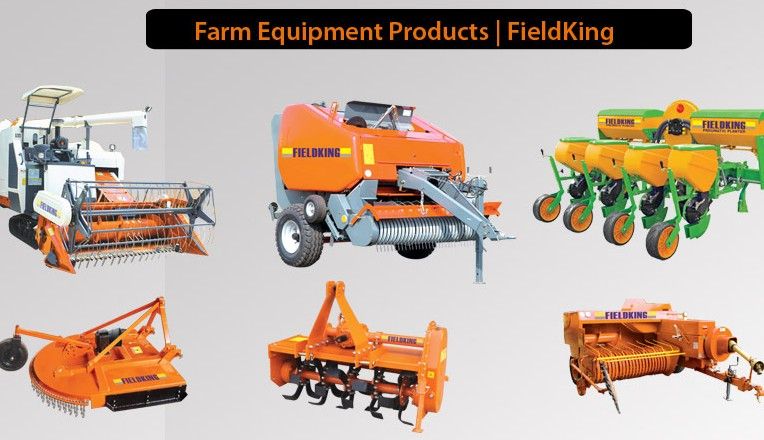As technology continues to advance, the agricultural industry is rapidly evolving as well. Modern farmers are now equipped with state-of-the-art agricultural equipment that helps them increase efficiency, reduce labor costs, and improve crop yields. In this article, we will discuss some of the best agricultural equipment that every modern farmer should consider investing in.
1. Precision Farming Technology
Precision farming technology is revolutionizing the way farmers manage their crops. This technology includes GPS-guided tractors, drones, and sensors that help farmers monitor crop health, soil moisture levels, and pest infestations. By using precision farming technology, farmers can make data-driven decisions that optimize crop production and minimize waste.
2. Self-Driving Tractors
Self-driving tractors are becoming increasingly popular in modern farming practices. These autonomous vehicles can be programmed to plow fields, plant seeds, and apply fertilizers and pesticides without the need for human intervention. Self-driving tractors not only reduce labor costs but also improve accuracy and efficiency in farm operations.
3. Drones
Drones are another essential piece of agricultural equipment for modern farmers. Drones can be used to survey fields, monitor crop health, and identify potential issues such as insect infestations or water stress. By using drones, farmers can quickly spot problems and take corrective action before they escalate, leading to higher crop yields.
4. Moisture Sensors
Moisture sensors are crucial for modern farming practices, as they help farmers optimize water usage and prevent over or under-watering of crops. These sensors are placed in the soil and measure moisture levels, allowing farmers to make informed decisions about irrigation scheduling. By using moisture sensors, farmers can reduce water waste and improve crop quality.
5. Harvesting Equipment
Modern farmers rely on advanced harvesting equipment such as combine harvesters and grain carts to streamline the harvesting process. These machines are equipped with cutting-edge technology that enables them to efficiently harvest and process crops such as grains, fruits, and vegetables. By investing in high-quality harvesting equipment, farmers can reduce harvesting time and labor costs while maximizing crop yields.
6. Storage and Handling Equipment
Proper storage and handling equipment are essential for preserving the quality of harvested crops. Modern farmers use silos, grain bins, and conveyors to store and transport crops safely and efficiently. These equipment help farmers reduce post-harvest losses and maintain the freshness and nutritional value of their crops until they are ready for sale.
7. Irrigation Systems
Irrigation systems play a critical role in modern farming practices, especially in areas with limited water availability. Drip irrigation, center pivot systems, and sprinkler systems are some of the advanced irrigation technologies used by modern farmers to efficiently water their crops. These systems help farmers conserve water, reduce evaporation loss, and ensure that crops receive the right amount of water at the right time.
Conclusion
Modern farming equipment has transformed the way farmers produce crops, increasing efficiency, reducing labor costs, and improving crop yields. By investing in precision farming technology, self-driving tractors, drones, moisture sensors, harvesting equipment, storage and handling equipment, and irrigation systems, farmers can optimize their operations and stay competitive in today’s agricultural industry. As technology continues to advance, modern farmers must continue to adapt and embrace the latest agricultural equipment to sustainably feed a growing global population.
